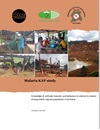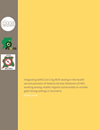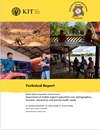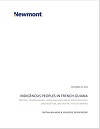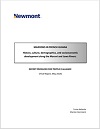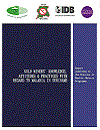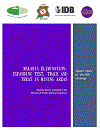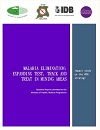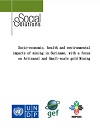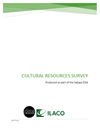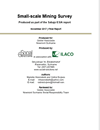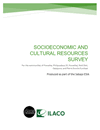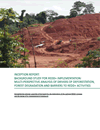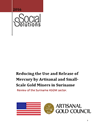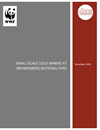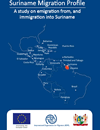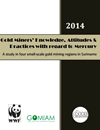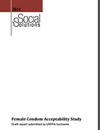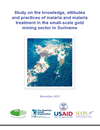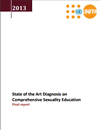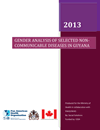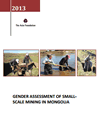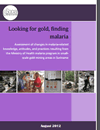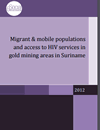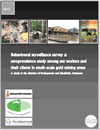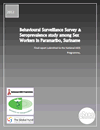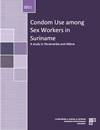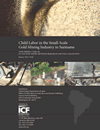Mobile Migrant population study Suriname – 2021
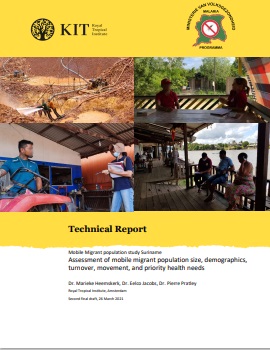
EXECUTIVE SUMMARY:
Over the past two decades, Suriname, a republic on the northeast coast of South America, has experienced a significant change in malaria transmission risk and incidence. Following a major decline from highest annual parasite incidence and concentration of Plasmodium falciparum cases in the Americas in the early 2000s, Suriname is now moving towards malaria elimination. Essential in this effort is the Suriname Malaria Program network of Malaria Service Deliverers (MSD). The MSD are non-medical people from the target population who live in the malaria risk areas, and who are trained to test and treat malaria free of charge. Successful implementation of prevention and control interventions by the Ministry of Health’s Malaria Program -including its MSD network, supported by the Global Fund, the Pan American Health Organization and other partners has played a key role in this decline. Yet, challenges remain.


